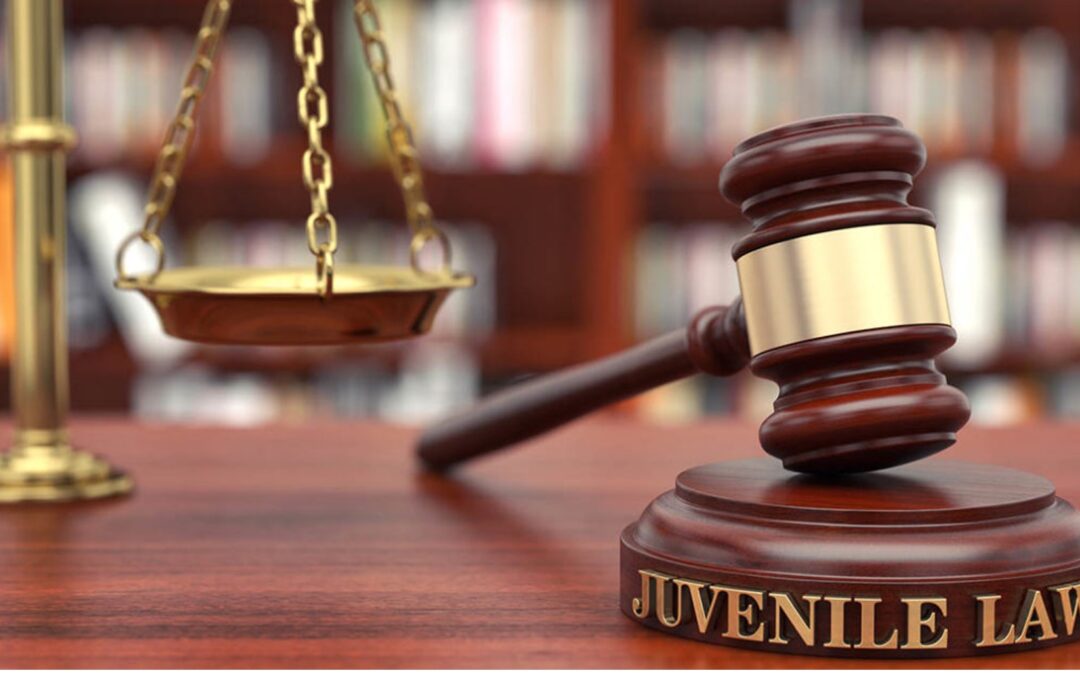
COVID-19 is no Longer a Viable Claim for Avoiding Jail Time in Florida Without the Use of Substantial Evidence of Underlying Medical Conditions.
 Covid has brought about many changes in the United States legal system, specifically in the context of incarceration. In this recent opinion the Defendant, Mr. Jones (“Mr. Jones”), was convicted pursuant to Criminal Punishment Code Scoresheet, Florida Rule of Criminal Procedure 9.992. The lowest sentencing that was provided to Mr. Jones was twenty-one months in state prison. Due to the onset of COVID the sentencing was delayed, and Mr. Jones sought an alternative sentencing of two years in community control followed by a three-year probation. Ms. Jones was ultimately asking the Court to allow for a longer sentencing outside of prison to prevent contracting COVID-19. At the time of his sentencing the current statistics provided that over 31,000 Floridians had tested positive for COVID-19 including over 1,000 deaths. Mr. Jones was also fifty years old at the time of his sentencing and the sole medical issue he pointed to be the testimony of father that claimed he had high blood pressure. However, the basis of the argument was not on the medical condition itself, but on the global pandemic.
Covid has brought about many changes in the United States legal system, specifically in the context of incarceration. In this recent opinion the Defendant, Mr. Jones (“Mr. Jones”), was convicted pursuant to Criminal Punishment Code Scoresheet, Florida Rule of Criminal Procedure 9.992. The lowest sentencing that was provided to Mr. Jones was twenty-one months in state prison. Due to the onset of COVID the sentencing was delayed, and Mr. Jones sought an alternative sentencing of two years in community control followed by a three-year probation. Ms. Jones was ultimately asking the Court to allow for a longer sentencing outside of prison to prevent contracting COVID-19. At the time of his sentencing the current statistics provided that over 31,000 Floridians had tested positive for COVID-19 including over 1,000 deaths. Mr. Jones was also fifty years old at the time of his sentencing and the sole medical issue he pointed to be the testimony of father that claimed he had high blood pressure. However, the basis of the argument was not on the medical condition itself, but on the global pandemic.
On appeal, the court analyzed Section 921.0026, Florida Statutes (2013), which considers “Mitigating Circumstances” to Florida’s Criminal Punishment Code. The statute provides a non-exhaustive list for circumstances that allow the downward departure of a sentencing. To support a claim under this statute the defendant must provide competent substantial evidence to succeed on the stated basis. See State v. Hodges, 151 So. 3d 531 (Fla. 3d DCA 2014); State v. Bowman, 123 So. 3d 107 (Fla. 1st DCA 2013).
As noted by the Florida Supreme Court, the analysis a court must take is a two-part test:
“First, the court must determine whether it can depart, i.e., whether there is a valid legal ground and adequate factual support for that ground in the case pending before it (step 1). . . . This aspect of the court’s decision to depart is a mixed question of law and fact and will be sustained on review if the court applied the right rule of law and if competent substantial evidence supports its ruling.
Second, where the step 1 requirements are met, the trial court further must determine whether it should depart, i.e., whether departure is indeed the best sentencing option for the defendant in the pending case. In making this determination (step 2), the court must weigh the totality of the circumstances in the case, including aggravating and mitigating factors. This second aspect of the decision to depart is a judgment call within the sound discretion of the court and will be sustained on review absent an abuse of discretion.”
Banks v. State, 732 So. 2d 1065 (Fla. 1999).
Following jurisprudence established by the Second District Court of Appeal, in State v. Saunders, 322 So. 3d 763, 767 (Fla. 2d DCA 2021). The same issue was placed before the court, whether the trial court improperly imposed a downward sentence on the basis of overcrowding of prisons due to COVID-19. The Second District held that the generalized concerns of the trial court for overcrowding could not serve as valid grounds because it was not consistent with legislative sentencing policy and there was no caselaw to supports its contention. Second, in that case the defendant failed to present substantial evidence of his request for a departure sentence, and it was not clear if a previous release the defendant had was based on overcrowding or the pandemic, the court ultimately held that the evidence was insufficient.
Here, the Court agreed with the sister court, although Mr. Jones had been in a pretrial house arrest while awaiting his trial, this was not enough to support cause for legislative sentencing. Second, as noted by the Court “the Covid virus is so rampant and continues to be so rampant in the county jail and in the prison.” Therefore, because Mr. Jones failed to provide substantial evidence that he had any underlying medical condition which placed him at greater risk for contracting COVID-19 his claim for a departure sentence fails.
SOURCES:
- https://www.3dca.flcourts.org/content/download/828097/opinion/201220_DC13_02092022_100138_i.pdf
- State v. Saunders, 322 So. 3d 763, 767 (Fla. 2d DCA 2021.


 On February 3, 2022 the Supreme Court of Florida approved proposed amendments to the Florida Rules of Juvenile Procedure; and it seems more change is coming from the legislature. The new trend is showing a broadening of rights and protections for juveniles. Among the rules that were amended and/or added are, 8.217, 8.305, and 8.345. Although there were many important changes approved these are some of the most important ones. First, rule 8.217 now adds the words “attorney for the child” when the caregiver has objected to “a change in the child’s physical custody placement.”2 This differs from the previous rule which only required the child have attorney ad litem.3 Another amended rule is 8.305 which now prioritizes “out-of-home placements, including fictive kin, or nonrelatives.” Lastly, rule 8.345 which focuses on Post-Disposition Relief has been amended so that it now provides that “a hearing must be held if any party or the current caregiver denies the need for a change [to custody placement] and creates a rebuttable presumption that it is in the child’s best interest to remain permanently in the current physical placement if certain conditions are present.”
On February 3, 2022 the Supreme Court of Florida approved proposed amendments to the Florida Rules of Juvenile Procedure; and it seems more change is coming from the legislature. The new trend is showing a broadening of rights and protections for juveniles. Among the rules that were amended and/or added are, 8.217, 8.305, and 8.345. Although there were many important changes approved these are some of the most important ones. First, rule 8.217 now adds the words “attorney for the child” when the caregiver has objected to “a change in the child’s physical custody placement.”2 This differs from the previous rule which only required the child have attorney ad litem.3 Another amended rule is 8.305 which now prioritizes “out-of-home placements, including fictive kin, or nonrelatives.” Lastly, rule 8.345 which focuses on Post-Disposition Relief has been amended so that it now provides that “a hearing must be held if any party or the current caregiver denies the need for a change [to custody placement] and creates a rebuttable presumption that it is in the child’s best interest to remain permanently in the current physical placement if certain conditions are present.”